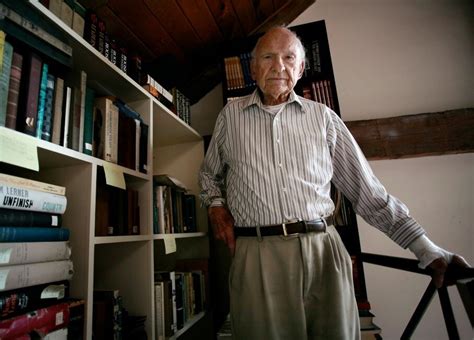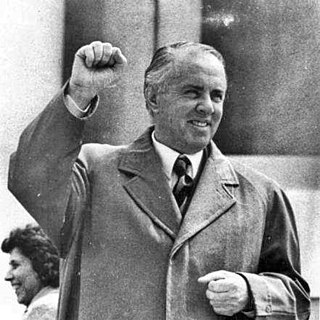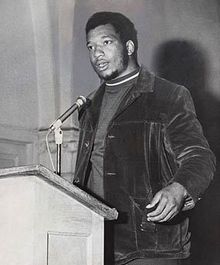A Quote by James MacGregor Burns
A revolution is an act of violence whereby one class shatters the authority of another.
Related Quotes
A revolution is not a dinner party, or writing an essay, or painting a picture, or doing embroidery. It cannot be so refined, so leisurely and gentle, so temperate, kind, courteous, restrained and magnanimous. A revolution is an insurrection, an act of violence by which one class overthrows another.
The dominant, almost general, idea of revolution - particularly the Socialist idea - is that revolution is a violent change of social conditions through which one social class, the working class, becomes dominant over another class, the capitalist class. It is the conception of a purely physical change, and as such it involves only political scene shifting and institutional rearrangements
The People's democratic dictatorship needs the leadership of the working class. For it is only the working class that is most far-sighted, most selfless and most thoroughly revolutionary. The entire history of revolution proves that without the leadership of the working class revolution fails and that with the leadership of the working class revolution triumphs.
Direct action against the authority in the shop, direct action against the authority of the law, direct action against the invasive, meddlesome authority of our moral code, is the logical, consistent method of Anarchism. Will it not lead to a revolution? Indeed, it will. No real social change has ever come without a revolution. People are either not familiar with their history, or they have not yet learned that revolution is but thought carried into action.
...it was always our view that in order to attain this [proletarian revolution] and the other far more important aims of the future social revolution, the working class must first take possession of the organised political power of the state and by its aid crush the resistance of the capitalist class and organise society anew.
I am against war, against violence, against violent revolution, for peaceful settlement of differences, for nonviolent but nevertheless radical changes. Change is needed, and violence will not really change anything: at most it will only transfer power from one set of bull-headed authorities to another.
I cannot believe that violence depicted onscreen actually causes people to act out violently. That's oversimplifying the issue. If somebody commits a violent act after seeing violence in a movie, I think the question that needs to be asked is: would that person still have committed the act if he had not seen a violent film?

































